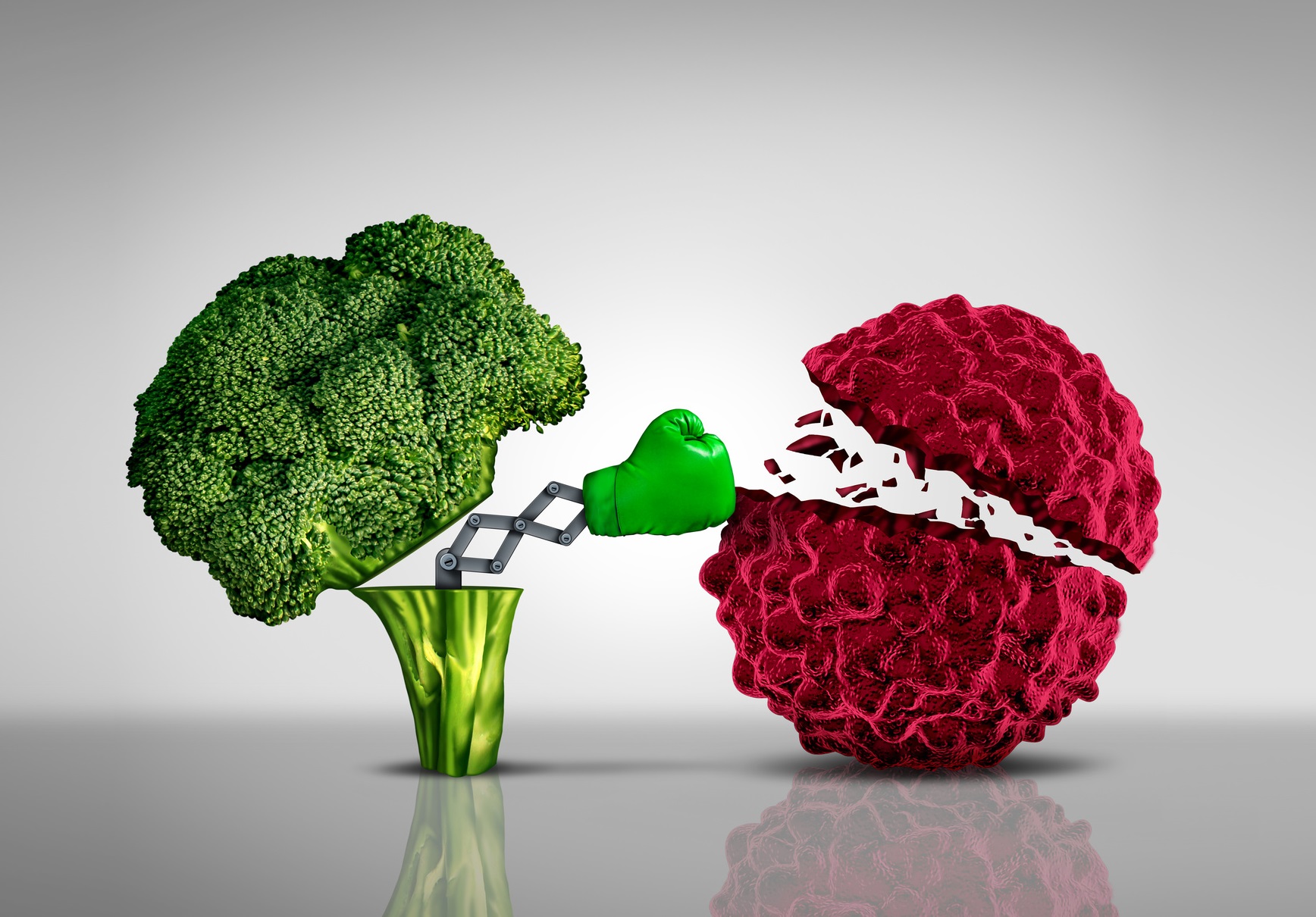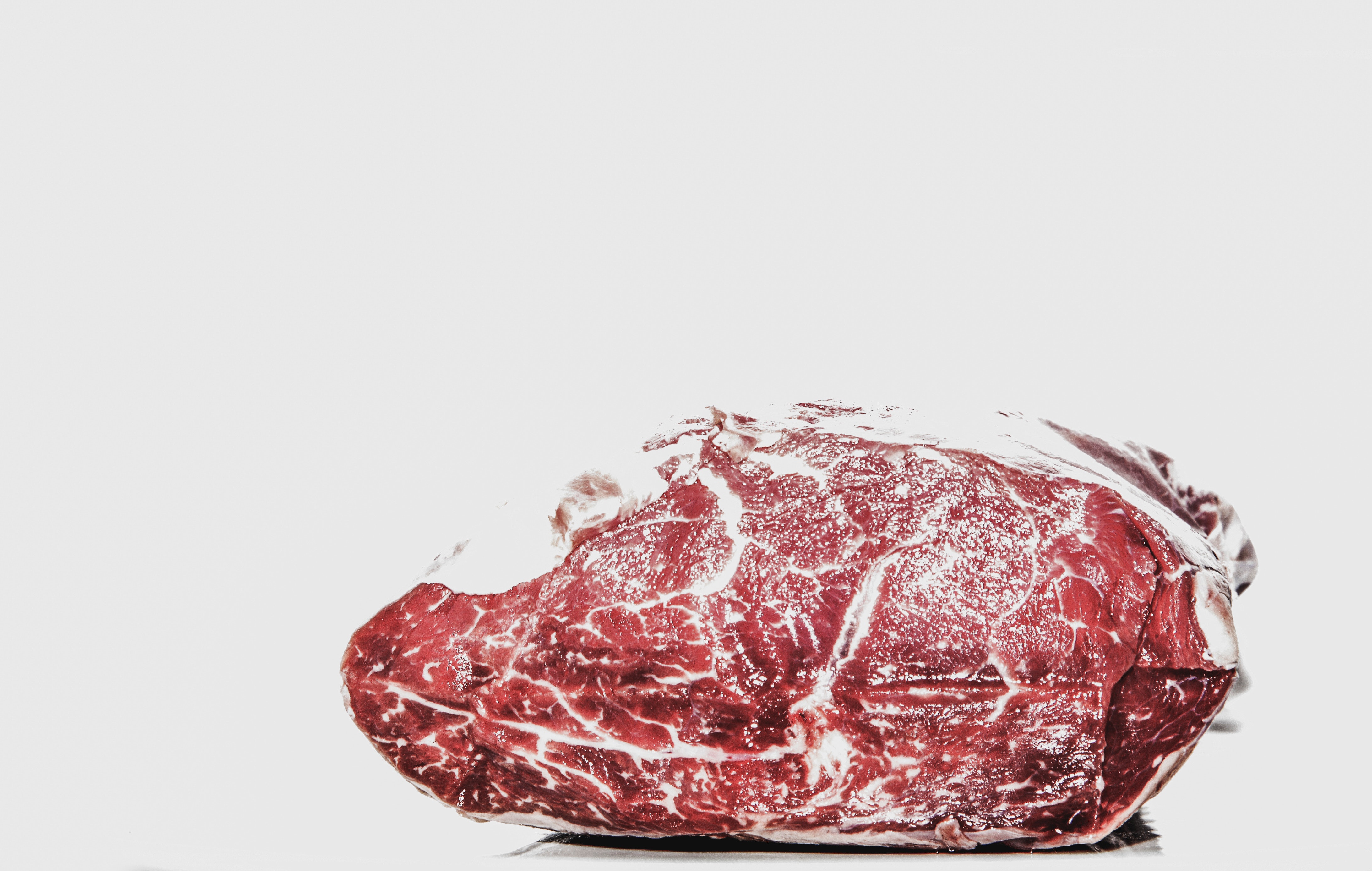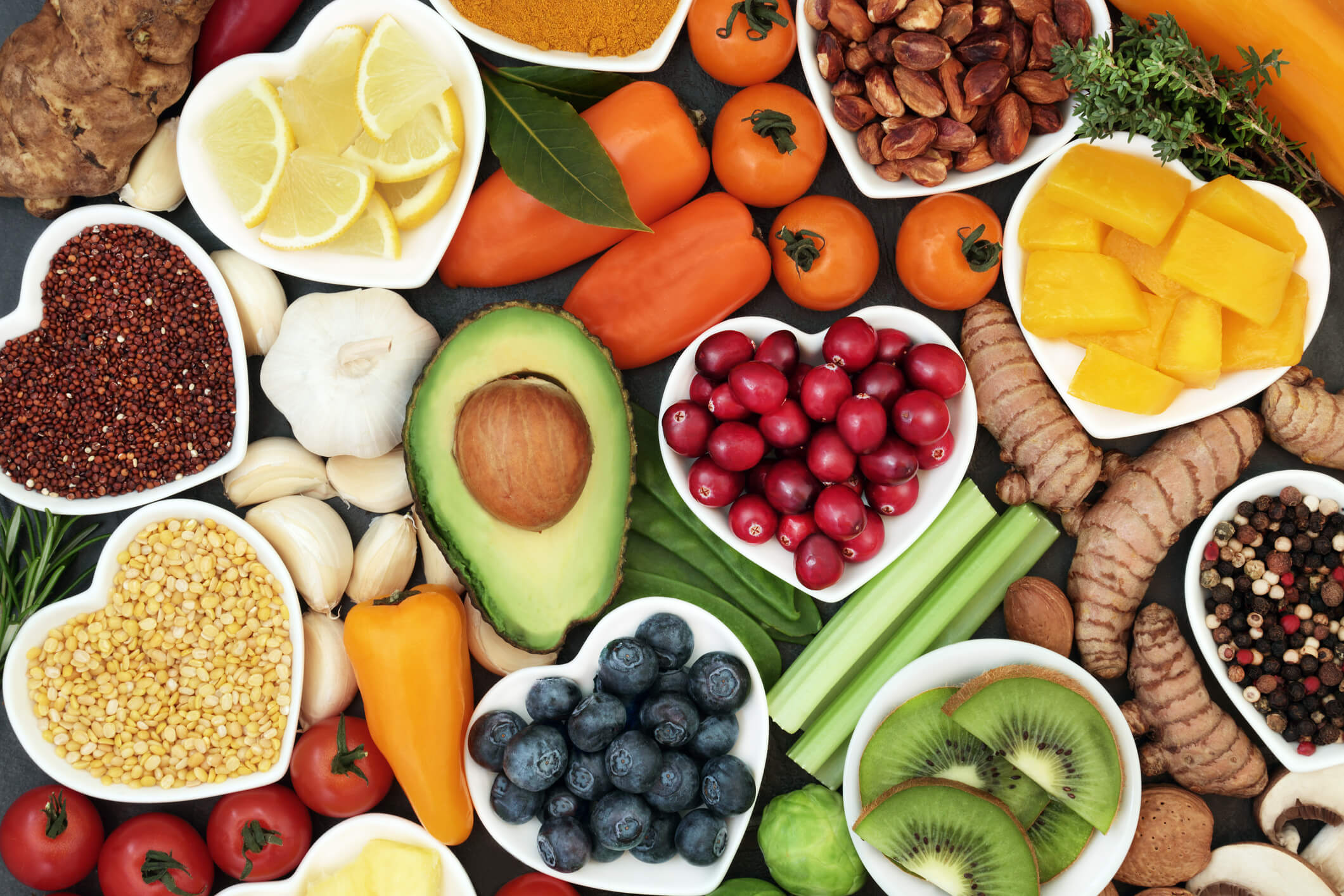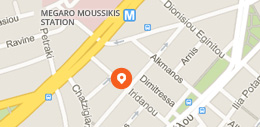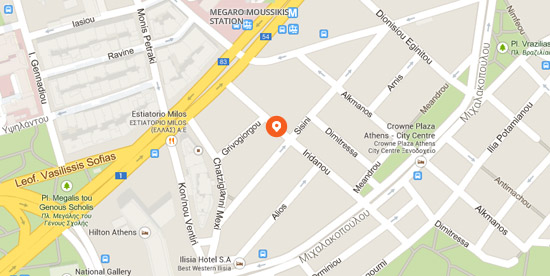Cancer & diet
The risk of developing cancer is different for each person based on genetic factors, the environment and lifestyle. Whereas we cannot control the first and only partially control the second we can, to a greater extent, determine our lifestyle.
Hence we will examine here the part of life style which concerns nutrition.
Meat
The most important part in studying cancer and nutrition is about the influence that the consumption of red meat has in the occurrence of cancer. This influence was highlighted by a series of epidemiological studies, which pointed out that increased consumption of red or processed meat is linked to an elevated risk of developing cancer.
Red meat includes beef, pork, mutton, and goat as well as horse meat that has not had any short of processing. On the contrary processed meat has been subjected to processing in order to extend its expiration period or augment its taste. Curing is one such process. Beef or pork meat are usually the basis of processed meat. However there are often more than one types of meat. The combination may include red meat exclusively, say for example pork and mutton or goat and beef meat or it may comprise of red and white meat, for example beef and poultry. Also processed meat may contain offal or byproducts of meat like blood. Smoked and corned beef, confections and sauces, sausages and ham all are processed meats.
The two types of meat differ on the degree to which their consumption influences the occurrence of cancer. Both are positively related, meaning more consumption of meat, red or processed, goes hand in hand with increased cancer risk. However, red is classified under “probably carcinogenic to humans”. What does that mean? It means that while we do observe a positive association we cannot yet say that eating red meat causes cancer. Alternative explanations for this phenomenon cannot yet be excluded. Whereas, on the other side processed meat was classified under “carcinogenic to humans”, in other words we have satisfying evidence from epidemiological studies to say that its consumption does cause cancer, and specifically colon cancer.
We could quantify the effect of meat consumption on the likelihood of developing cancer as follows:
- 100 gr of red meat daily lead to an increase of about 17% while
- 50 gr of processed meat daily to an increase of 18%.
The percentages above do indicate an increase in risk, albeit small, for both red and processed meats. Be careful though because those two numbers do not carry the same weight. While there is evidence to further back the increased risk related to processed meat consumption, the same is not the case with red meat. Therefore this 17% is somewhat less significant.
Meat consumption does benefit your health and it’s not necessary to completely exclude it from your diet. You are better off limiting it to a degree though, especially concerning processed meat.
Besides processed meat you should avoid processed foods in general because they are also linked to increased cancer risk. As was the case with red meat a causal relationship hasn’t been established here either, only an association.
Body weight
Body weight is another factor increasing cancer risk. In a study of 5,24m participants, in the Lancet, Body Mass Index (BMI: weight/height2) was suggested to be linked to 17 out of the 22 types of cancer studied. More specifically it was estimated that for every 1 kg/ m2 increase in the population’s BMI cancer incidents would increase by 3790 in the UK.
Άρα αν κανείς θέλει να προστατευθεί από την πιθανότητα εμφάνισης καρκίνου θα πρέπει να χτίσει τη δίαιτά του έτσι ώστε να διατηρεί ένα υγιές σωματικό βάρος. Έτσι θα μειώσει το ενδεχόμενο εμφάνισης του.
Hence if one wishes to reduce cancer risk they should follow a diet that maintains a healthy body weight.
Conclusions
- Limit the consumption of processed meat and eat red meat in moderation. In addition, try and eat foods with as little processing as possible.
- Make sure your weight lies within the advised range.
- Consume foods that have antioxidant effects. You may get antioxidants via your diet by eating fruits and vegetables with bright colours like spinach, carrots and tomatoes.
- Do not cook meat in very high temperatures because this way certain compounds are released which seem to contribute to the development of inflammation and cancer-although their role hasn’t been fully understood.
- Choose foods rich in fiber like whole grain cereals (bread, pasta) and legumes.
- Don’t drink a lot of alcohol and don’t do it systematically. Both the individual quantity as well as the length of period during which you regularly consume alcohol increase the risk of developing certain cancers.
In conclusion let us remember that nutrition is not a therapy for cancer and cannot replace your doctor’s advice. It could play a part though in the prevention of disease by reducing its likelihood.
References
Consumption of ultra-processed foods and cancer risk: results from NutriNet-Santé prospective cohort

